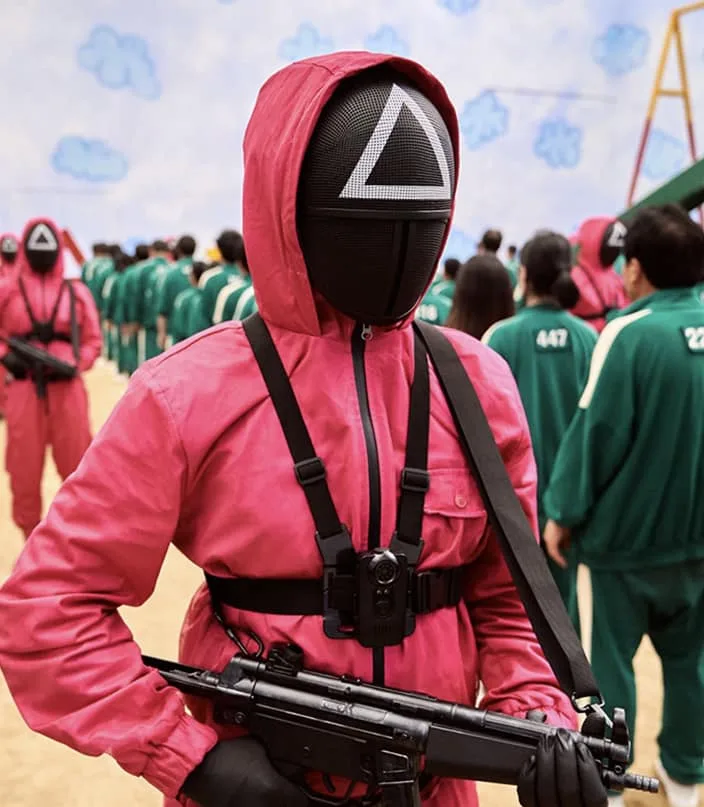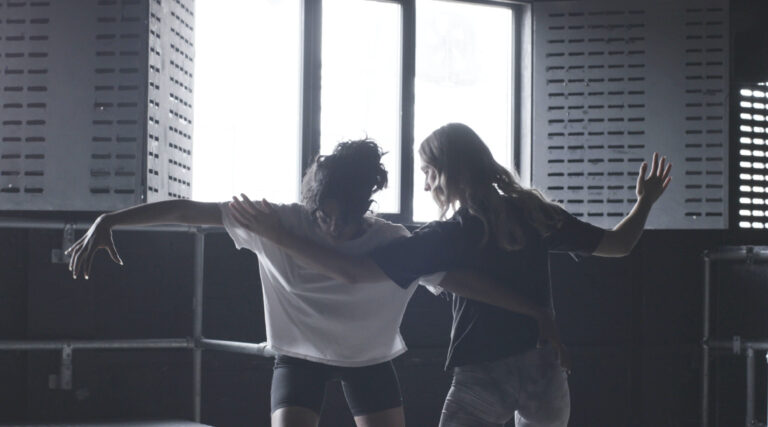Better Than Chocolate – A Heartwarming and Provocative Film
Better Than Chocolate is a beautiful film that tells the story of two women, Maggie and Kim, who fall in love. The film explores the complexities of their relationship as well as the struggles they face as members of the LGBTQ+ community. It’s a story of love, acceptance, and finding oneself in a world that often doesn’t understand or accept who you are.
One of the standout elements of this film is the cinematography. The camera work is stunning and makes you feel as if you are right there with the characters, experiencing their emotions and struggles firsthand. The film’s use of color and light is also noteworthy, as it adds to the overall mood and tone of the story.

The characters in Better Than Chocolate are incredibly well-written and complex. Maggie, the main character, is a free spirit who works at a bookstore and dreams of becoming an artist. She’s also dealing with the recent breakup of her long-term relationship with a man and is struggling to come to terms with her own sexuality. Kim, on the other hand, is a more reserved character who works at a women’s center and is dealing with her own family issues. Their relationship is both touching and realistic, as they face challenges and struggles that many LGBTQ+ couples face in real life.
One of the most provocative aspects of Better Than Chocolate is its exploration of censorship and freedom of expression. Maggie’s artwork is deemed obscene by a conservative group, and she is faced with the possibility of having it banned. This storyline raises important questions about the role of art in society and the importance of protecting freedom of expression.
Maggie’s story in Better Than Chocolate is not only a powerful commentary on the role of art in society, but also serves as a stark reminder of the importance of protecting freedom of expression. Unfortunately, the censorship of Maggie’s artwork is not unique to the fictional world of the film. Throughout history, there have been countless instances of governments and individuals attempting to silence artists who create work that challenges the status quo or pushes boundaries.

In many cases, these efforts to suppress free expression come from groups or individuals who feel threatened by the ideas or messages presented in the art. The conservative group that deems Maggie’s artwork obscene is a reflection of these societal pressures. However, Maggie’s fight against censorship serves as a call to action for artists and individuals who believe in the importance of free expression. By standing up against censorship, Maggie is able to defend her artwork and the ideas it represents.
Another powerful element of this film’s narrative is shown threw the lens of Judy, a transgender woman, superbly portrayal by Peter Outerbridge. Throughout the movie, the character of Judy struggles to be accepted as a woman, and this struggle is evident in her performance. When she sings “I’m not a F**king Drag Queen”, the pain she feels is palpable, despite the humor of the song. It is one of the standout moments in the film, and Outerbridge’s portrayal is a major reason why. His ability to convey the emotional depth of the character is truly impressive. His performance is a highlight of the movie and a testament to his talent as an actor.
Beyond the realm of art, the fight for freedom of expression extends to many other areas of society, including politics, religion, and social issues. The ability to express oneself freely is a cornerstone of democracy and must be protected at all costs. The debate around censorship and free expression is ongoing, and there are no easy answers. However, by engaging in constructive dialogue and defending the right to free expression, we can ensure that art and ideas continue to thrive in our society.
Better Than Chocolate is a must-see film that is both touching and provocative. It’s a story of love, acceptance, and finding oneself in a world that often doesn’t understand or accept who you are. The cinematography is stunning, the characters are complex and well-written, and the exploration of censorship and freedom of expression raises important questions. If you haven’t seen this film yet, add it to your watch list – you won’t be disappointed.
Discover more from DG Speaks
Subscribe to get the latest posts sent to your email.




